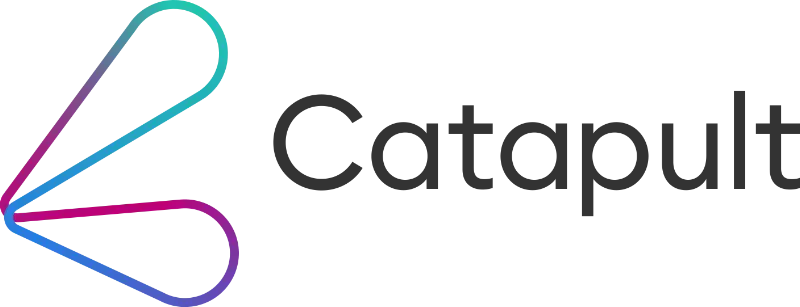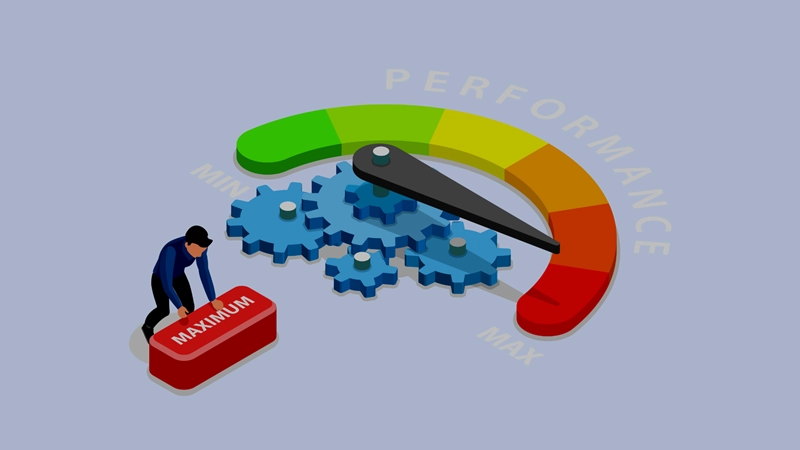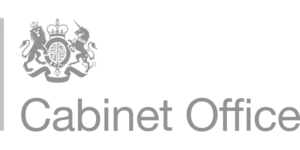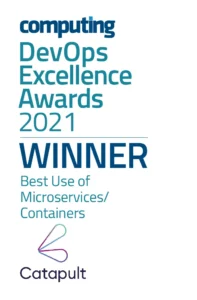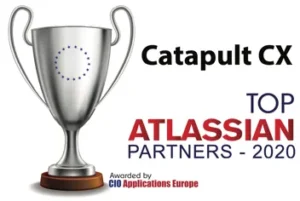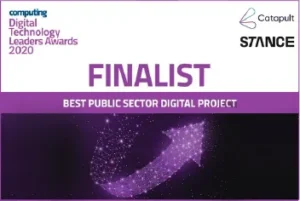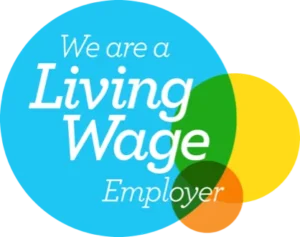For an enterprise to mature DevOps capabilities, it needs to be able to gauge its current DevOps capabilities. The enterprise SKILup assessment, formerly called ADOC (Assessment of DevOps Capabilities), is crowdsourced and designed for teams and organisations who want to baseline their current DevOps state.
An assessment will provide insights into improving capabilities and measure and accelerate continuous improvement. The SKILup assessment allows teams to measure and Identify significant strengths and opportunities for improvement and provide clarity and alignment on the long-term vision for DevOps teams.
The assessment provides insights into five key areas that the teams can measure; Human Aspects Dimension, Process and Frameworks Dimension, Functional Composition Dimension, Intelligent Automation Dimension, and Technology Ecosystem.
Team members assess their capability in the five dimensions through Likert statements, the collated data provides teams with a collective view of performance. Let’s look at each dimension.
Human Aspects Dimension
This dimension focuses on culture, and psychological safety and explores how leadership is conducted. Teams are asked questions about how they feel the organisation is performing regarding autonomy and alignment, and how they feel supported. Questions include reflecting on “The Three Ways” by considering the lens of the customer, how feedback is generated and received and how innovation and experimentation are executed. Questions also include diversity and inclusion topics and the overall satisfaction of the teams.
Process and Frameworks Dimension
This topic explores how the teams work from a process perspective by looking at how well teams are transitioning from project to product. Specifically, this dimension looks at frameworks closely related to DevOps, such as site reliability engineering (SRE) and DevSecOps. And it assesses how the frameworks are connected with DevOps activities and how the teams incorporate governance, risk, and compliance in their activities.
Functional Composition Dimension
This dimension focuses on all the steps from ideation to value realisation. How the teams collaborate and where and how the ideas are generated, nurtured, and refined through backlog and product management.
The assessment seeks to rate the teams’ capabilities around build, test, release, and progress with peer reviews. Other capabilities include support, operations, and cybersecurity, which help them create robust environments to reduce business risk.
This dimension helps the teams understand how to improve reliability and recovery measures, to prevent risks they may encounter with high-velocity working.
Intelligent Automation Dimension
The focus in this dimension is placed on the toolchain, from environment management and source control through CI/CD and value stream. Simply put, how tools are used to create a backlog and the quality of service and support post-release are assessed. And how the team is using DevOps toolchains to obtain feedback for improving customer experience and their observability and monitoring abilities, to gain visibility and insights into the end-to-end flow.
Environment and value stream management capacities are evaluated to define how well the teams are practising continuous compliance and how it delights customers.
Technology Ecosystem
This final dimension addresses how the infrastructure of a product or value stream influences its ability to work more efficiently, safely, and happily. This means that it focuses on understanding the teams’ capabilities dealing with cloud, elasticity, microservices, serverless, and APIs. It includes investigating how they architect the toolchain and structure their route-to-live. Technology concepts are looked at which are becoming more popular; blockchain and robotic process automation (RPA).
The five dimensions assessment allows teams to discover improvements and work with a qualified SKILup consulting partner to accelerate progress. SKILup assessment helps organisations compare team capabilities and turn local discoveries into global enhancements.
On top of the SKILup assessment, the DevOps institute provides “The Humans of DevOps” with resources and guidance to learn about DevOps, Digital Transformation, and SKILup IT learning. Organisations can use this program to upskill their teams, reduce their skills gap and accelerate continuous improvement. Then let’s explore what SKILup IT Learning offers.
How can Catapult CX help?
Once you identify from the SKILup assessment that your teams have gaps in skills, you might wonder how to upskill them and narrow them down. Catapult CX and DevOps institute’s SKILup program would be an excellent solution.
From the SKILup assessment, you will understand the improvement points in your DevOps capabilities and can complement the weaknesses through its IT learning programs.
But what if you are still lost and need a mentor to answer your questions? Don’t worry; you’ve got us. Catapult CX is one of the only accredited SKILup consulting partners in the UK and has a wealth of experience helping clients in both public and private sectors. If you want to discuss starting your SKILup journey, contact us today.
